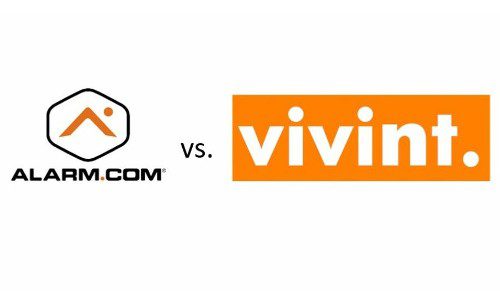What is ChatGPT?
The world of AI is buzzing with excitement over ChatGPT, a revolutionary chatbot that is changing the game for businesses and consumers alike. ChatGPT offers users the ability to ask questions about almost any topic and receive responses that sound like they were written by a human. Its capabilities have been leveraged across a range of industries, from marketing to software development, by optimizing tasks, writing code and more.
ChatGPT is based on the Transformer architecture, which is considered one of the most advanced and innovative approaches to language modeling. The ChatGPT model has been trained on a massive dataset of text, which gives it a deep understanding of language and communication. This, in turn, allows it to perform a wide range of language-related tasks, from answering questions and generating text, to more complex jobs such as translation and summarization.
What Makes This Tool So Important?
The launch of ChatGPT has become a monumental moment in the evolution of technology. It rivals the impact of the dot-com boom in the early 2000s. ChatGPT allows for more natural and intuitive communication between humans and computers, setting the stage for more widespread adoption of AI-powered technologies in areas like customer service, virtual assistants and conversational interfaces.

By automating certain tasks that previously required human input, ChatGPT has the potential to increase efficiency and save time in many industries. For example, it could be used to generate reports, answer customer queries or perform data analysis. ChatGPT also has the power to make vast amounts of information more accessible to people by enabling natural language queries and answers. This could greatly benefit people who might have difficulty accessing information through traditional means.
ChatGPT has already had a major impact on the field of Natural Language Processing (NLP). NLP is a subfield of AI that focuses on enabling computers to understand, interpret, and generate human language. The advancements in language modeling achieved by ChatGPT have helped to further push the boundaries of what is possible in NLP and is paving the way for the development of even more sophisticated AI systems.

The Future of Digital Lighting & Control
As a custom integrator, lighting is in demand. Effective communication, education and showcasing the value proposition of LED light fixtures in conjunction with integrative control systems are the keys to overcoming challenges and closing sales in this specialized market. Join us as we discuss the future of digital lighting and control with David Warfel from Light Can Help You and Patrick Laidlaw and Mark Moody from AiSPIRE. Register Now!What Does ChatGPT Mean for the CI Channel?
The CI industry is constantly evolving and improving, and ChatGPT is going to be a key player in this growth in the near future. Its advanced AI technology can quickly and accurately diagnose challenges that integrators might be having with client systems. It can also provide onsite solutions, making it a valuable tool for customer support.
Manufacturers can even explore using ChatGPT to respond to customer inquiries in real-time, providing immediate answers while addressing any concerns they may have. This not only improves customer satisfaction, but it will also increase the overall efficiency of the business.
Voice control has been a game changer accelerating smart home adoption. It has made interacting with connected devices simple and fun for users of all ages. However, AI assistants to date have had to prioritize features and approach NLP differently depending on their primary use cases. This is where ChatGPT comes in.

According to Alex Capecelatro, CEO of Josh.ai, ChatGPT is poised to revolutionize voice control in our industry. Not only to provide accessible smart home control, but for general queries as well. By leveraging the abilities of ChatGPT into existing products like Josh.ai, the result will be an unmatched intelligent assistant experience:
“Integrating ChatGPT with Josh.ai has the potential to usher in a new era of voice control. Coupling generative assistant functionality with improved language accuracy will empower user experiences in the smart home like never before. To date, voice control has primarily been a one-way interaction with a user giving commands,” states Capecelatro.
“We are headed towards a future where our clients can engage in two-way conversations with their living spaces without any limits to what is possible. It is extremely exciting for our team to be implementing this level of AI functionality and making our science fiction dreams a reality.”
Alex Capecelatro is the CEO of Josh AI.
If you enjoyed this article and want to receive more valuable industry content like this, click here to sign up for our digital newsletters!






